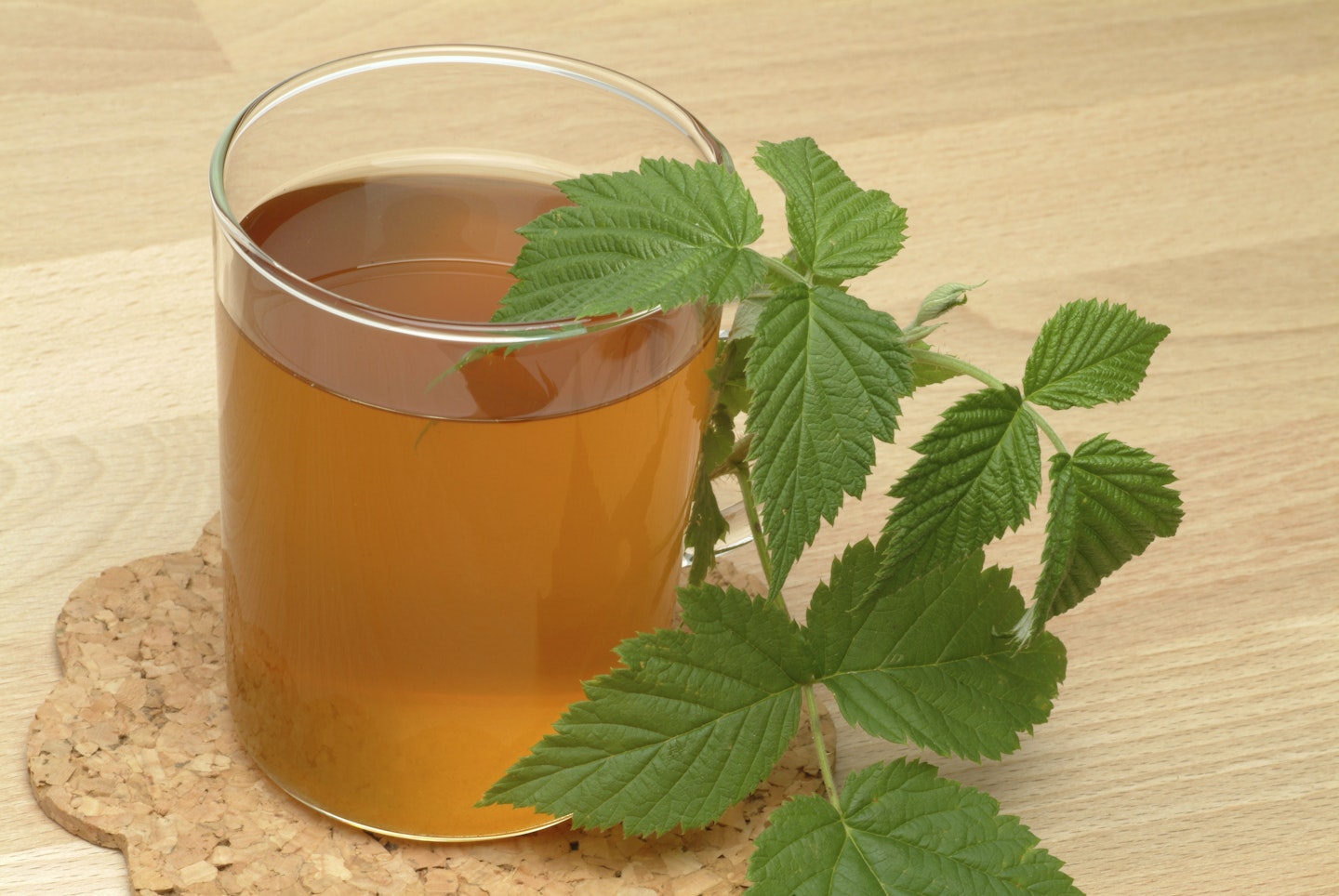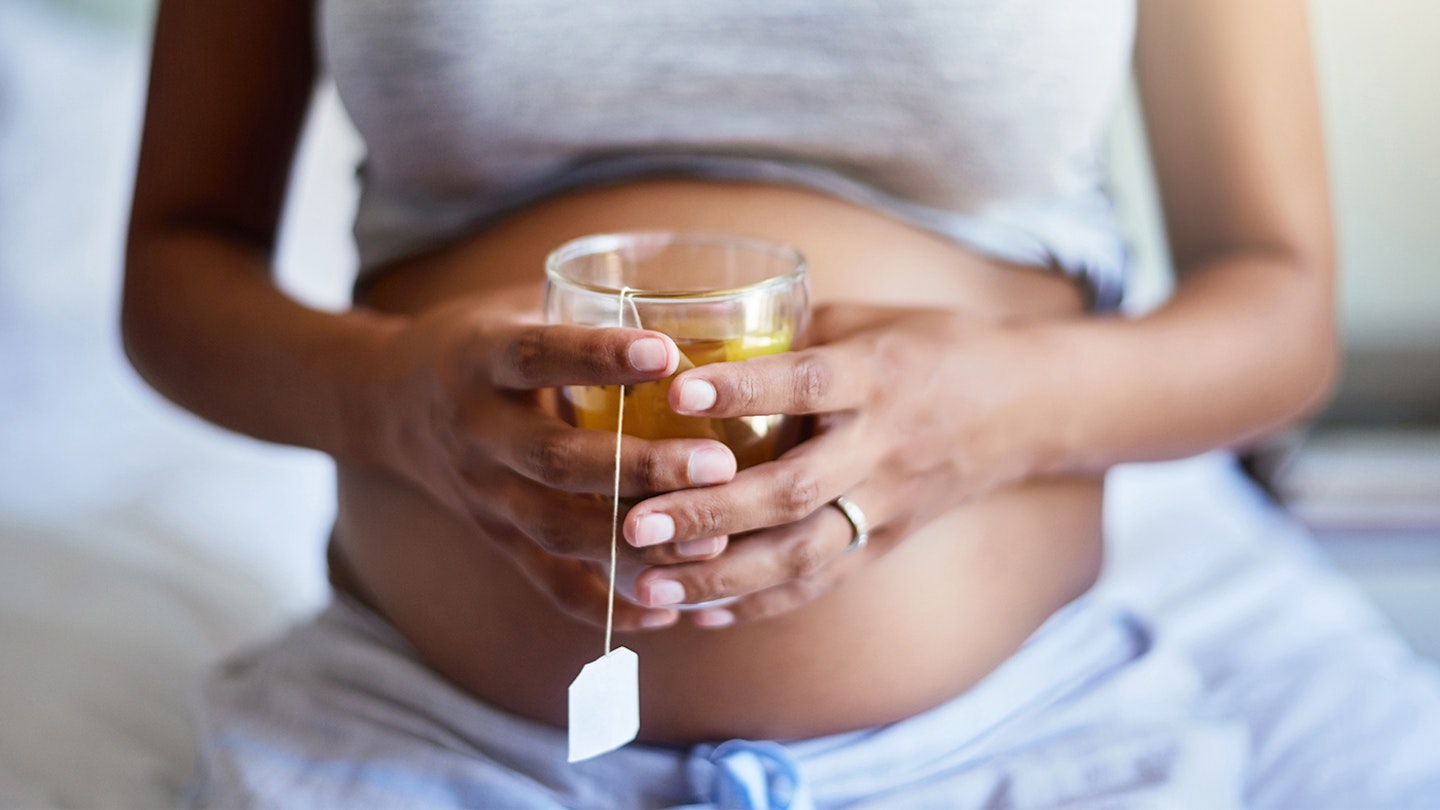Knowing what you can or can't drink or eat during pregnancy can be confusing and if you typically love to curl up with a cup of herbal tea, you might be wondering if you can continue to enjoy it while you're expecting.
Can you drink herbal tea while pregnant?
In short, yes but not all herbal tea. We know it's difficult limiting your caffeine fix when pregnant, no more large cups of coffee, or endless cups of builder's tea. So you're on the right track by replacing caffeine with herbal tea, but just be cautious when doing so. When it comes to herbal tea during pregnancy, natural doesn't always mean safe.
Most herbal and fruit teas are safe to drink in pregnancy, as long as you don't drink them in copious amounts, especially in your first trimester. One or two cups a day should be fine, just don’t drink them continually. This is because herbal teas contain smaller amounts of the same plant chemicals as herbal medicines and can therefore have an effect on your bodily state if taken in larger amounts when you are pregnant.
What you can do is mix it up and not drink the same herbal tea every day, try different flavours instead.
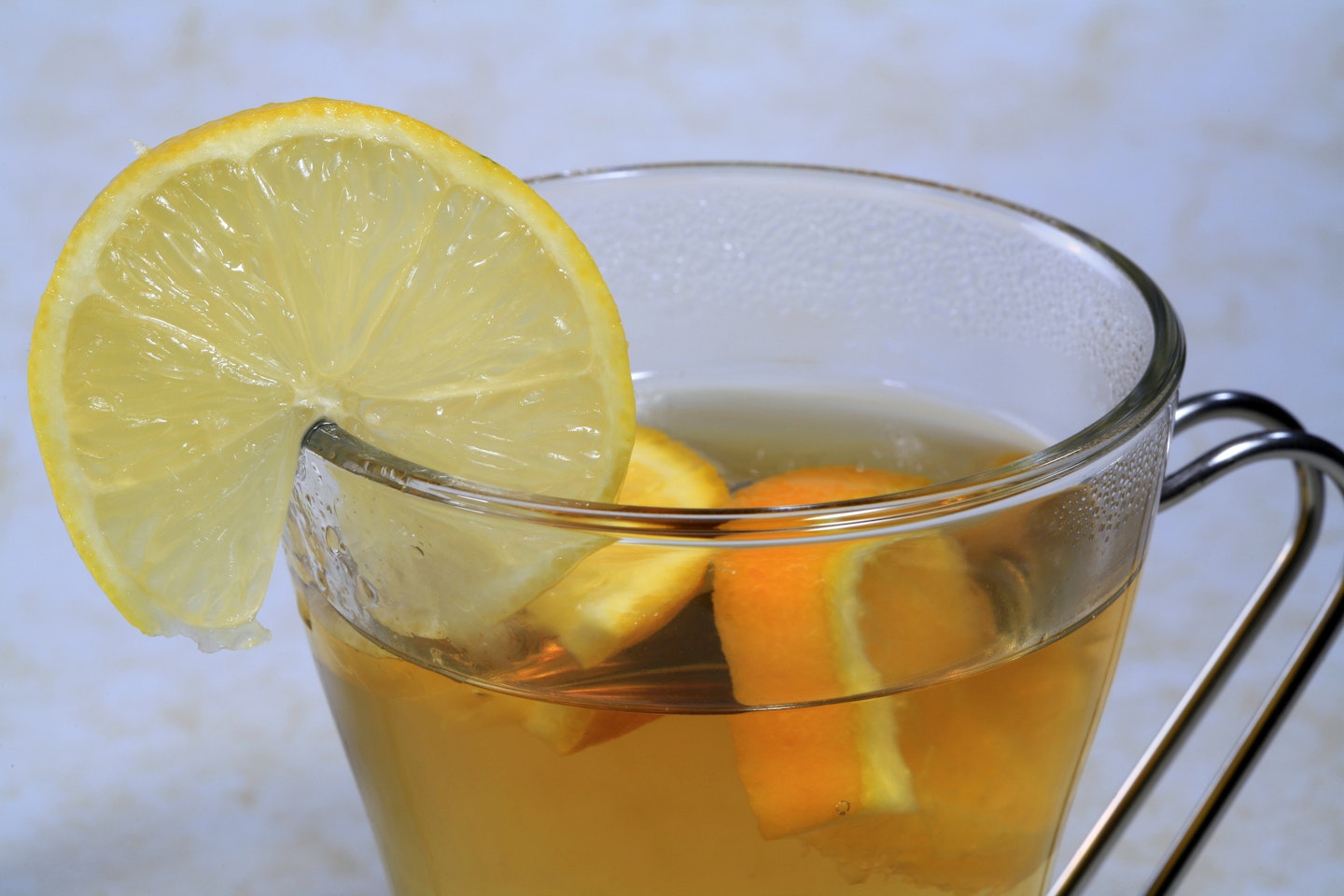
Which teas should you specifically avoid and why?
Find out about all the herbal teas you should steer clear of while pregnant.
Can you drink herbal tea while pregnant?
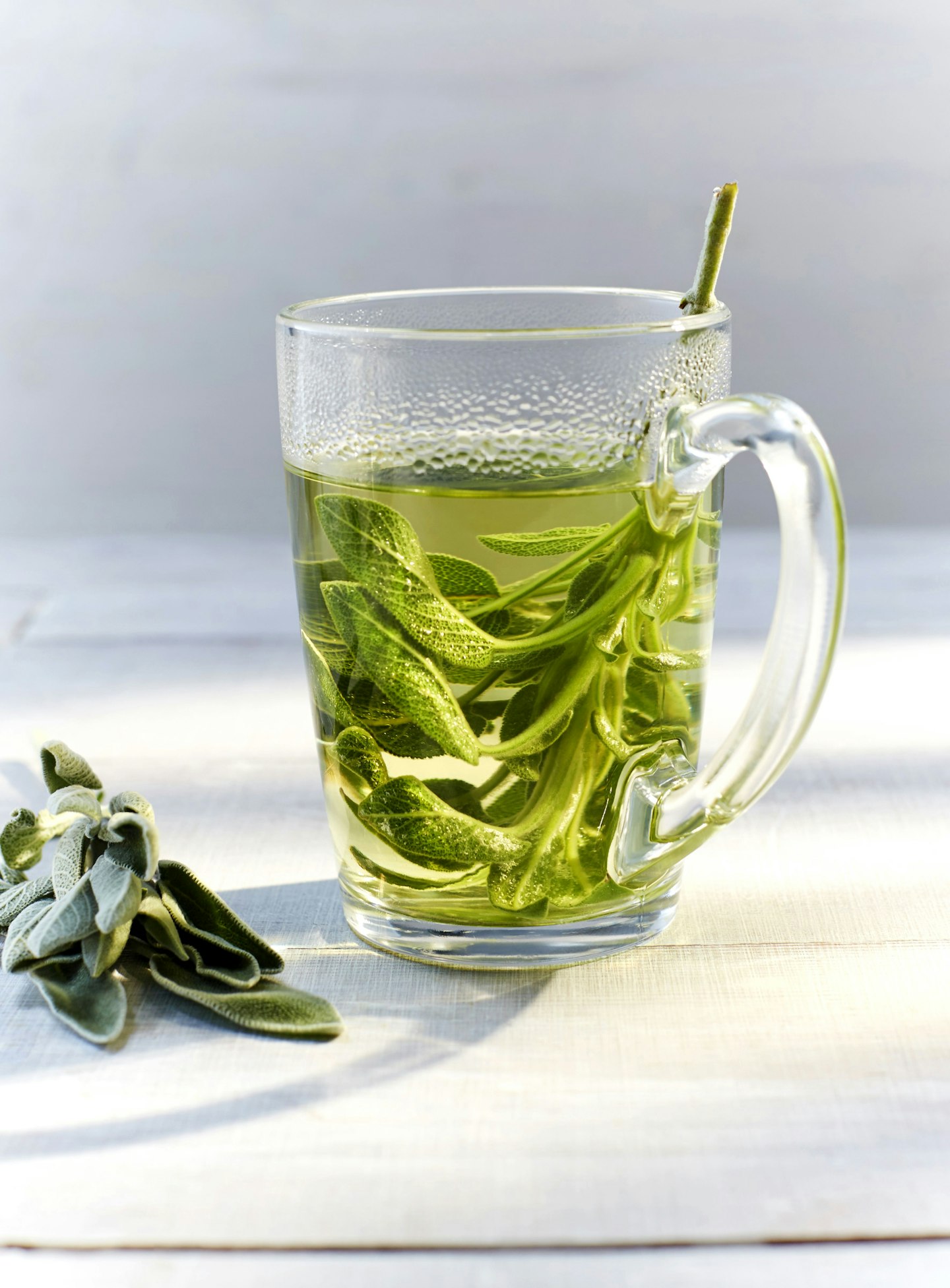 1 of 5
1 of 5Sage tea
Sage tea contains thujone, which has previously been linked to miscarriage and high blood pressure.
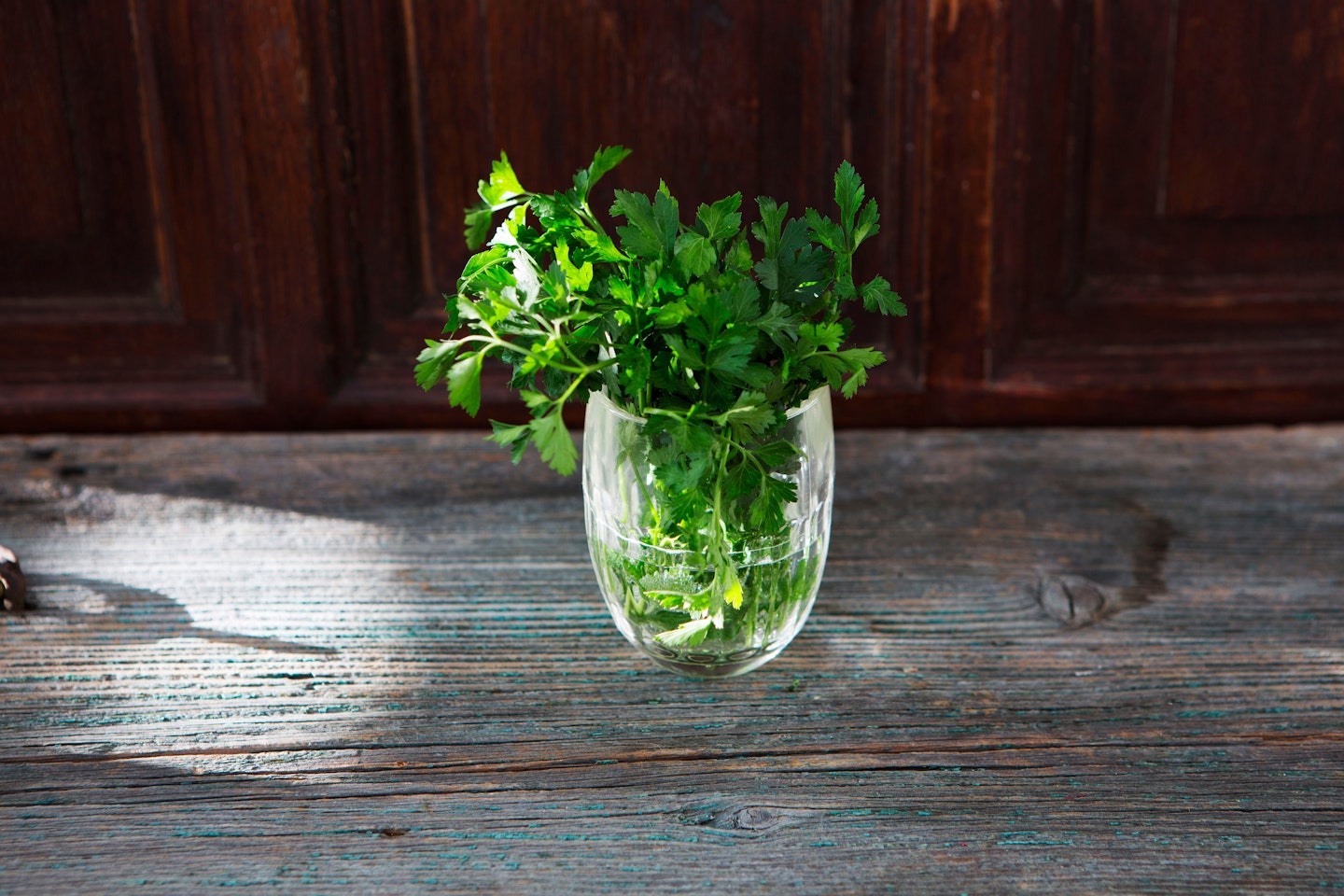 2 of 5
2 of 5Parsley tea
Parsley tea may also increase your risk of miscarriage and affect your baby's development if you take it in large amounts. However it's ok to use fresh or dried parsley and sage in moderation when cooking.
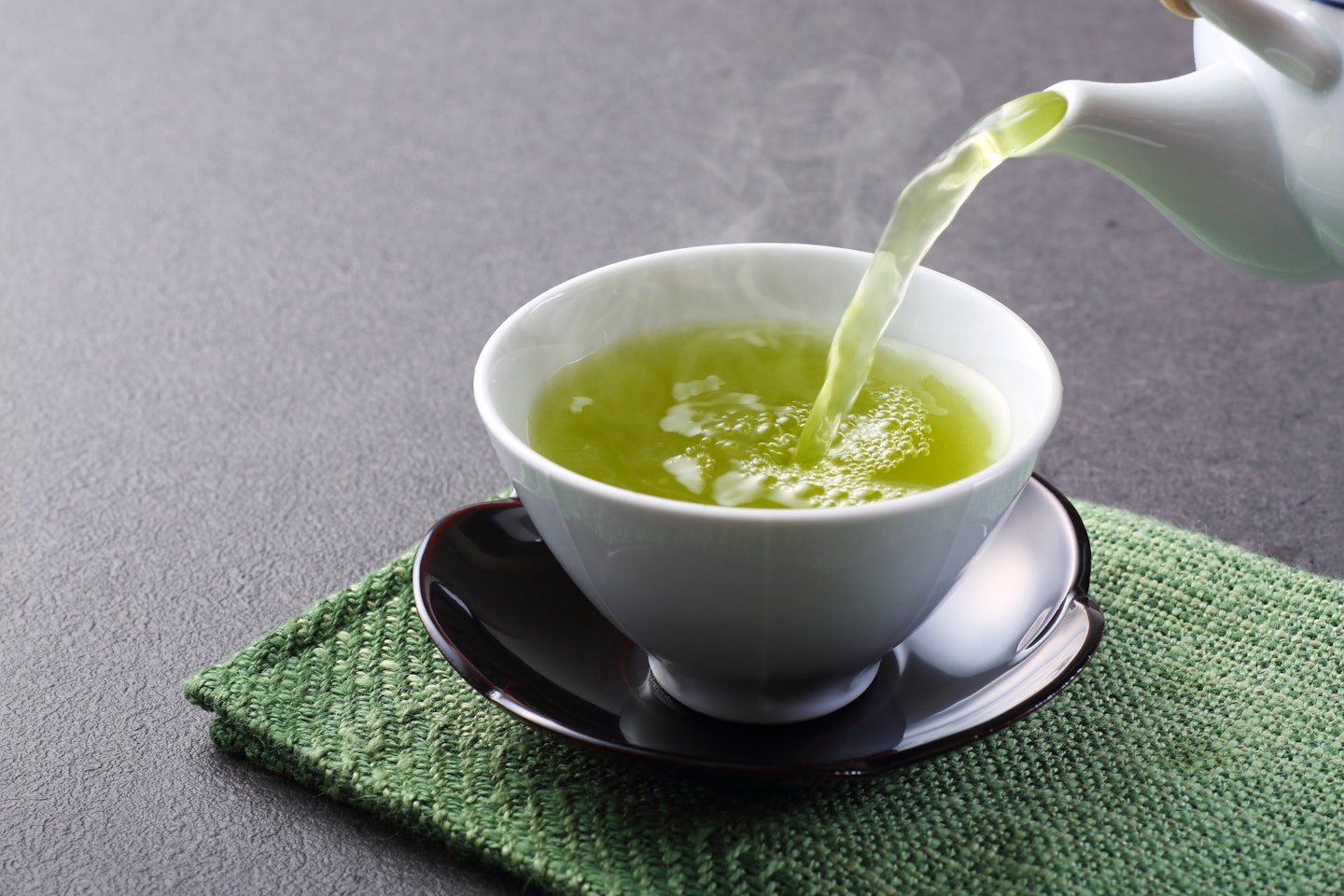 3 of 5
3 of 5Green tea
Green tea is often misconstrued as a completely herbal tea, but most green tea is in fact caffeinated, which is important to be aware of.
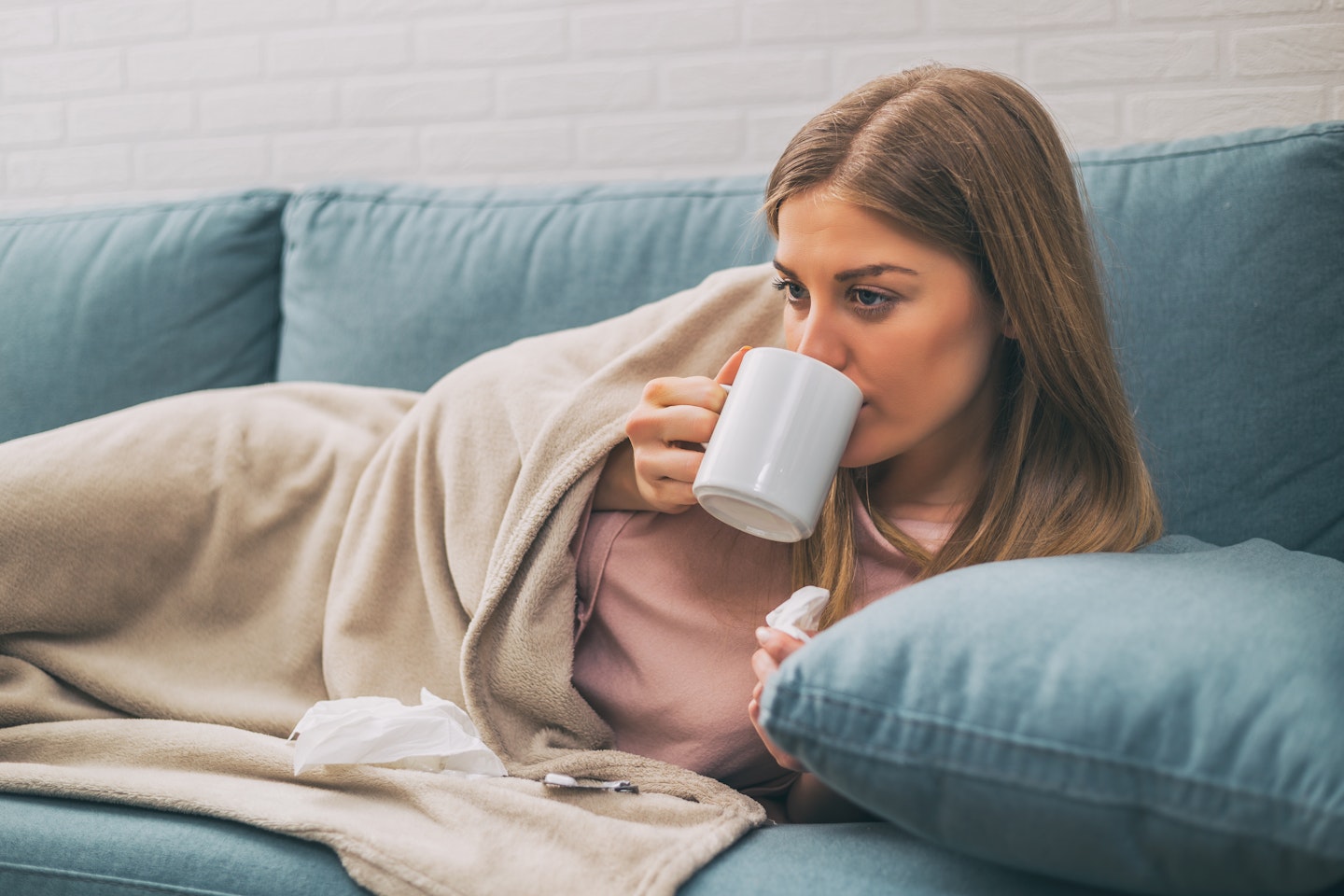 4 of 5
4 of 5Teas that claim to help you sleep
There are certain teas that claim to help you sleep, but before you try them, check whether they have the ingredient Valerian, as this is what should be avoided. There is not sufficient research on the safety of Valerian during pregnancy and some studies have indicated that it may reduce the level of zinc in your developing baby’s brain. Zinc is necessary for healthy brain development once your baby is born.
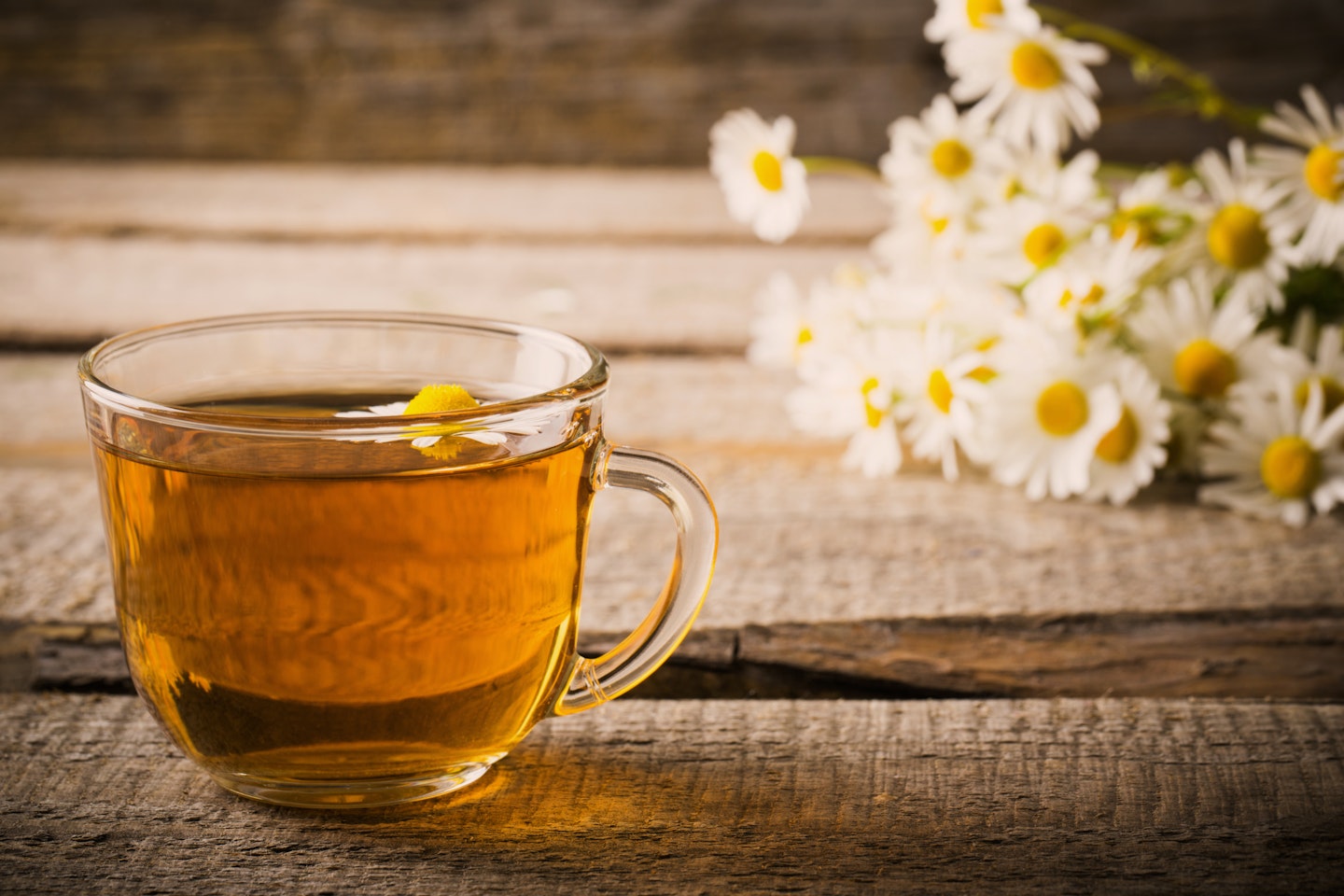 5 of 5
5 of 5Chamomile tea
Chamomile tea is often recommended for insomnia, anxiety and problems with digestion. While one cup once in a while, can relax you, it’s recommended that you avoid it as much as possible due to suggested links with circulation problems in babies. Ginger tea in pregnancy can also help with digestion problems including constipation.
Raspberry leaf tea
Raspberry leaf tea is often taken around the 32 week mark by mums-to-be, as many believe it helps tone the muscles of your uterus. This, in turn, helps prepare your body for labour. However there are some circumstances when raspberry leaf tea is not recommended. Find out more about raspberry leaf tea.
